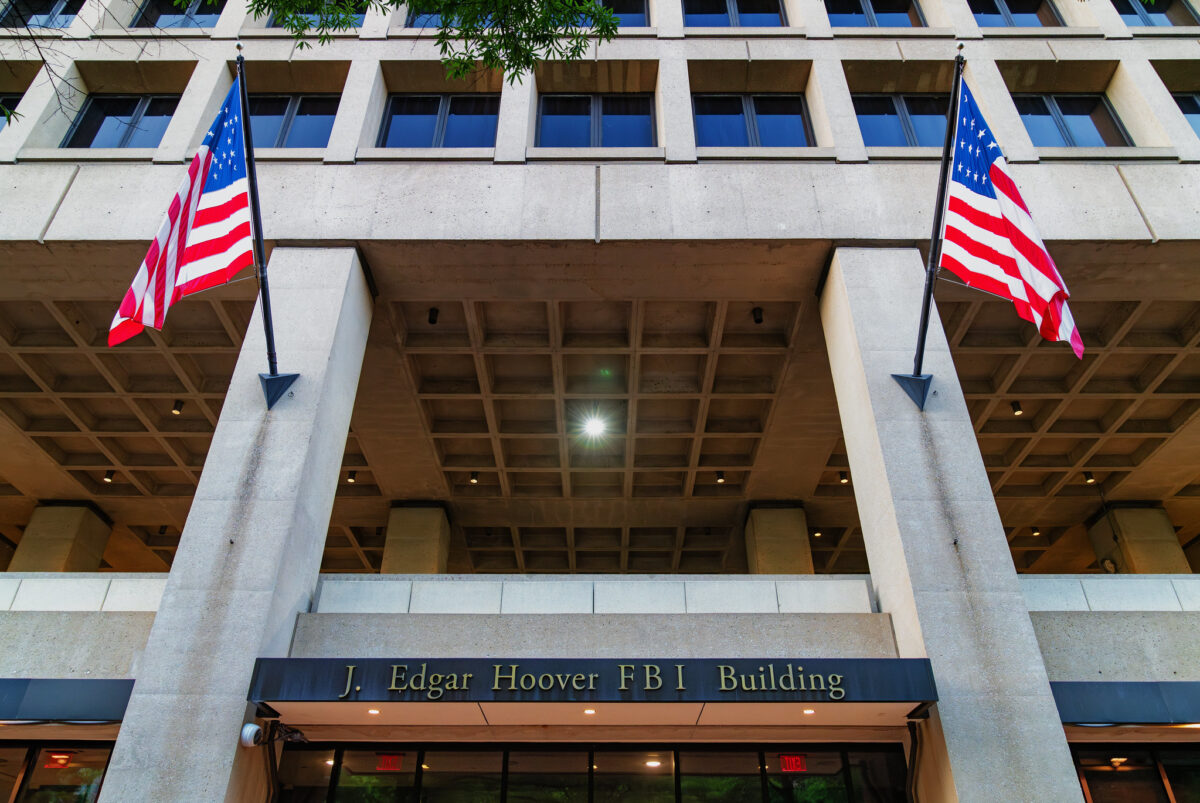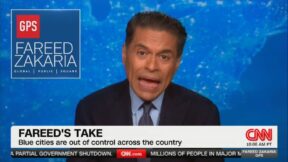Trump Admin Orders FBI to Deprioritize White Collar Crime, Shift Focus to Immigration: Report

Photo by Tony Webster via Flickr under a Creative Commons license.
The FBI has ordered its agents to scale back white-collar crime investigations and focus more on immigration enforcement, according to a report by Reuters.
President Donald Trump has made immigration enforcement a key part of the agenda for his second term, even as his administration has been dealt a series of setbacks in court and polls show public opinion is souring on his handling of the issue.
The Reuters report cited “four people familiar with the matter” as sources, and noted that it coincided with new guidance issued by Matthew Galeotti, head of the Department of Justice’s Criminal Division, on prioritizing white-collar cases.
In a memo dated May 12 addressed to the entire division, Galeotti acknowledged that white-collar crime “poses a significant risk to U.S. interests” and often enables criminal enterprises like drug cartels and Transnational Criminal Organizations (TNOs).
Still, Galeotti wrote, “overbroad and unchecked corporate and white-collar enforcement burdens U.S. businesses and harms U.S. interests,” instructing DOJ prosecutors to “avoid overreach that punishes risk-taking and hinders innovation” and “strike an appropriate balance between the need to effectively identify, investigate, and prosecute corporate and individuals’ criminal wrongdoing while minimizing unnecessary burdens on American enterprise.”
Galeotti’s memo went on to order prosecutors to “minimize the length and collateral impact” of its investigations, carefully consider whether the alleged corporate misconduct truly “warrants federal criminal prosecution” or if civil and/or administrative remedies could be sufficient to address “low-level” offenses. He specifically instructed prosecutors to limit requiring companies to hire independent monitors to administer corporate compliance programs only where “such heavy-handed intervention” is needed.
According to Reuters, FBI field offices delivered a similar message to their agents, telling them they would be expected to devote about one-third of their time focusing on cracking down on illegal immigration, and to manage that shift in focus by deprioritizing white-collar crime for at least the rest of this year.
This is a notable shift, Reuters noted, as “[i]mmigration enforcement has largely not been the purview of the Justice Department’s law enforcement agencies in the past.”
New: The Mediaite One-Sheet "Newsletter of Newsletters"
Your daily summary and analysis of what the many, many media newsletters are saying and reporting. Subscribe now!






Comments
↓ Scroll down for comments ↓